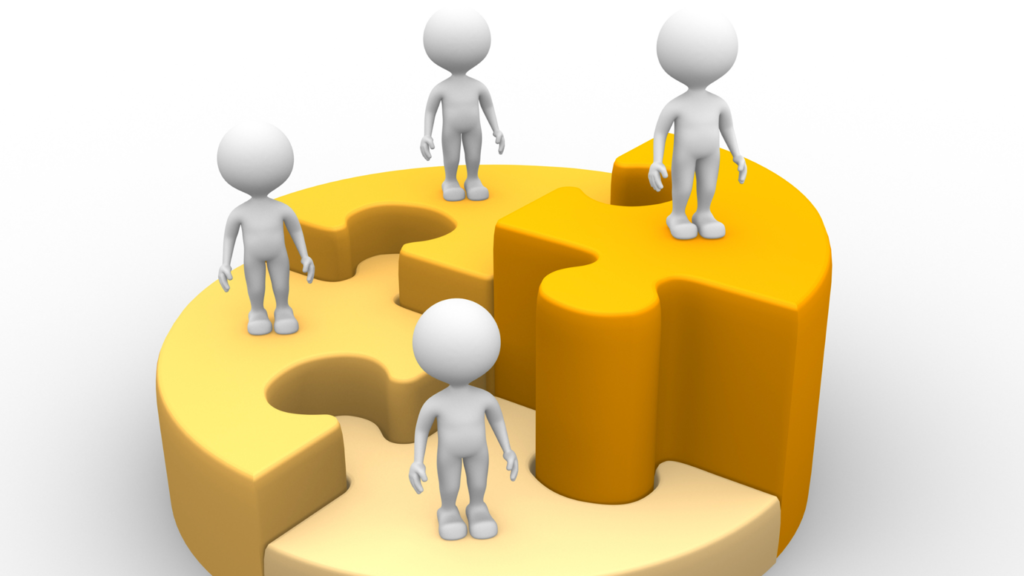Mind Matters: The Surprising Link Between Emotions and IQ Test Scores
In this blog, we will discover how your feelings intertwine with your cognitive prowess in ways you never expected.
Cognitive intelligence (IQ) and Emotional intelligence (EI) have long been viewed as distinct realms of human capabilities. But what if the boundary between intellect and emotions is more connected than we thought? Emerging psychological studies are uncovering a fascinating connection that might just redefine our understanding of assessing intelligence.
The Emotional Coefficient in Intelligence
Traditionally, IQ tests have been the gold standard for measuring intellectual capabilities. However, this view has been expanding. According to Psychological Bulletin research, our emotional well-being significantly influences cognitive functions such as memory, problem-solving, and reasoning—the core components of IQ tests. The ability to manage emotions, empathize with others, and navigate social complexities isn’t just a soft skill, it also contributes to a holistic form of intelligence that intersects with traditional IQ measures.

How Emotions Affect IQ Test Performance
Test anxiety, a common challenge for many is not just about feeling nervous, anxiety can tangibly impact cognitive function, affecting memory recall and problem-solving abilities. Managing emotional state becomes crucial for optimal performance in IQ assessments. Interestingly, this extends beyond mere test-taking, emotional regulation influences everyday cognitive tasks, shaping how we process information, make decisions, and solve problems.
Beyond Tests: Emotional Intelligence in Everyday Life
The implications of this intertwining of IQ and Emotional Intelligence extend into various aspects of life. For example, in professional settings, individuals with high emotional intelligence are often better at conflict resolution and teamwork. Similarly, in personal relationships, emotional intelligence can help in understanding and responding to others’ feelings, fostering deeper connections and empathy.
Building Emotional Intelligence for Better IQ Scores
Recognizing the importance of Emotional Intelligence in relation to IQ, the question then becomes: How can we increase our emotional intelligence? The good news is that Emotional Intelligence is not a fixed trait; it can be developed. Practices such as empathy exercises, mindfulness, and effective communication can significantly improve emotional understanding and regulation. This development not only aids in managing emotions during high-pressure situations like taking IQ tests but also enhances overall cognitive function.
Practical Tips for Enhancing Emotional Intelligence
For those preparing for an IQ test, consider techniques that boost emotional intelligence like indfulness meditation, which for instance, can improve focus and reduce anxiety. Learning to recognize and label emotions helps in managing them more effectively and engaging in activities that require empathy and social interaction can also refine your emotional skills, providing a well-rounded approach to intellectual and emotional growth.
Final Thoughts
The relationship between emotions and IQ test scores is complex yet very significant. By acknowledging and nurturing our emotional intelligence, we can unlock a level of intellectual performance and understanding that help in IQ tests. As we continue to explore the human mind, emotional and cognitive intelligence promises a more comprehensive understanding of what it truly means to be intelligent.
In your journey towards intellectual excellence, remember: understanding and managing your emotions is as important as sharpening your cognitive abilities. Embrace this holistic approach, and you are bound to not only excel in IQ tests but also thrive in life’s myriad challenges.



